Hot Italian Sausage Seasoning: A Spicy Love Letter to Flavor
Table of Contents
- A Sizzle Worth Writing Home About
- From Italy to Your Kitchen: The Roots of Hot Italian Sausage
- The Spice Lineup: What’s Inside the Magic Mix?
- 5 Pro Tips for Perfectly Seasoned Sausages Every Time
- Mild vs. Hot: Know the Difference
- Beyond the Grill: Creative Uses for Hot Italian Sausage Seasoning
- Spice Storage Secrets: Keep It Fresh, Keep It Fire
- Final Thoughts: Embrace the Heat
A Sizzle Worth Writing Home About
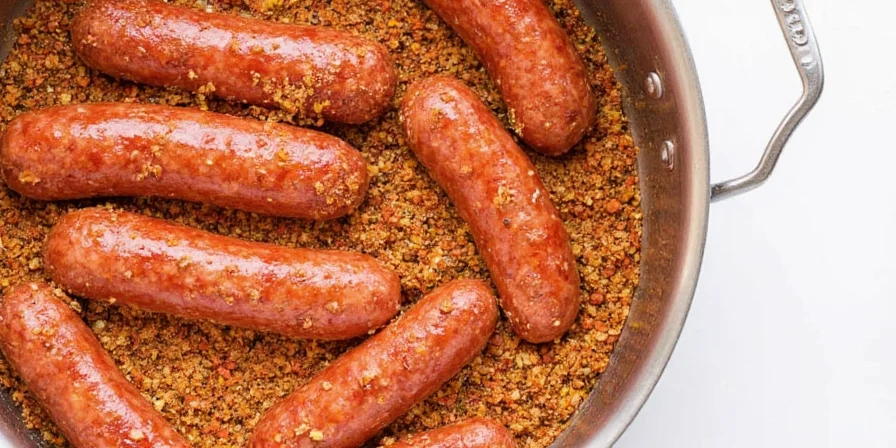
If you’ve ever bitten into a juicy link of hot Italian sausage and felt your taste buds do a happy dance, you’re not alone. This iconic blend of spices has charmed palates from Tuscany to Toledo—and beyond.
The secret? A perfect harmony of heat, herbs, and heart. In this deep dive, we’ll explore the spice profile behind one of the world’s most beloved meat seasonings: hot Italian sausage seasoning.
From Italy to Your Kitchen: The Roots of Hot Italian Sausage

While Italian sausage may now be a staple in American BBQs and European charcuteries alike, its roots are firmly planted in Italian soil—specifically the regions of Tuscany, Calabria, and Sicily.
In Southern Italy, particularly Calabria (known as “the spicy boot”), chili peppers have long been a culinary cornerstone. This is where the “nduja” comes from—a spreadable, fiery pork sausage that’s basically a chili-infused love letter to spice lovers.
When Italian immigrants brought their sausage-making traditions to America in the late 1800s, they adapted their recipes using locally available spices. Hence, the modern-day hot Italian sausage was born—a delicious fusion of Old World tradition and New World innovation.
The Spice Lineup: What’s Inside the Magic Mix?

The magic of hot Italian sausage seasoning lies in its balance of warmth, brightness, and earthiness. Here’s what typically makes up the ensemble cast:
- Fennel Seed: The star of the show. Toasted and ground, it gives that unmistakable anise flavor that screams ‘Italian’.
- Red Pepper Flakes: The firestarter. Adjust to taste—or just enjoy the burn!
- Garlic Powder: Umami-rich and aromatic, garlic adds depth and complexity.
- Black Pepper: Adds a little bite and helps round out the flavor profile.
- Salt: The unsung hero that brings all the flavors together.
- Paprika: Smoky or sweet? Either works, depending on your mood (and pantry).
- Dried Oregano & Basil: For that fresh herb kick that says, “Yes, I’m definitely in Italy.”
Want to get fancy? Some chefs sneak in a pinch of nutmeg or cinnamon for warmth, or even orange zest for a citrusy surprise.
5 Pro Tips for Perfectly Seasoned Sausages Every Time
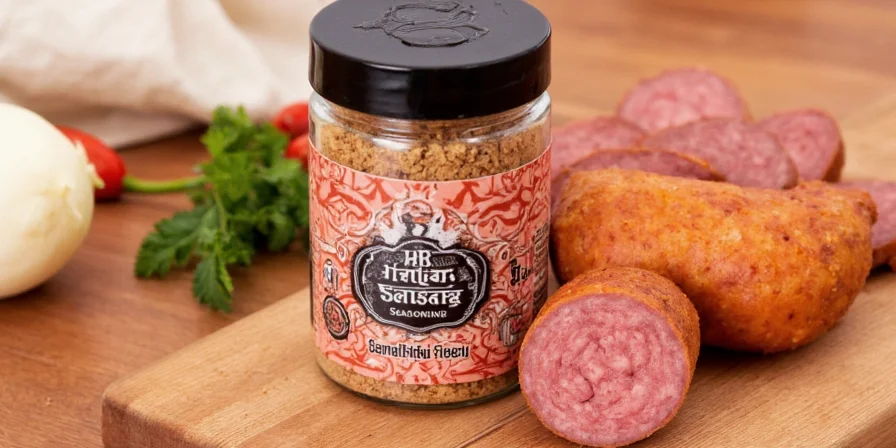
- Toast Your Fennel First: Dry-roasting fennel seeds in a skillet before grinding unlocks a deeper, more fragrant flavor. Trust us, your nose will thank you.
- Use Fresh Chilies: If you want the freshest kick, add finely chopped dried chilies like Calabrian peperoncino instead of pre-ground cayenne.
- Balance Is Key: Don’t let heat overpower the other flavors. Taste the mix before stuffing and adjust accordingly.
- Don’t Overmix: Once you’ve added the seasoning to the meat, stop mixing once everything looks uniform. Overworking = tough sausages.
- Let It Rest: Allow the seasoned meat to sit in the fridge for at least 24 hours before cooking. The flavors deepen and marry beautifully.
Mild vs. Hot: Know the Difference
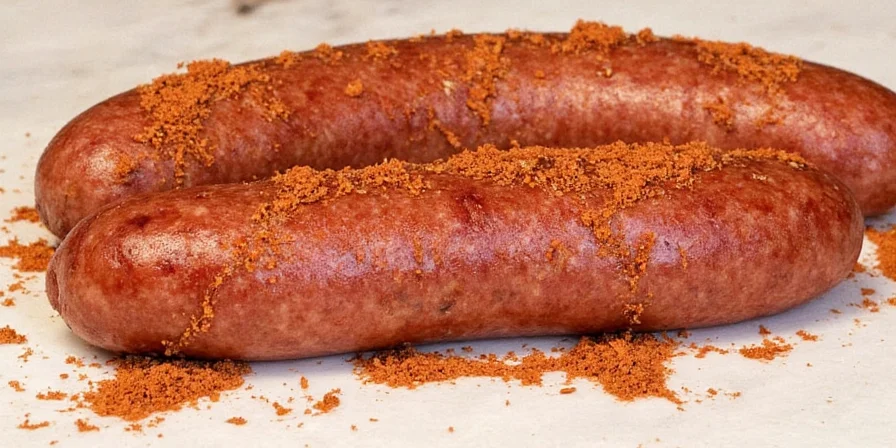
If you’re confused about the difference between mild and hot Italian sausage, here’s a quick breakdown:
| Feature | Mild Italian Sausage | Hot Italian Sausage |
|---|---|---|
| Spice Level | Low to none | Medium to high |
| Primary Heat Source | No red pepper flakes | Red pepper flakes or crushed chilies |
| Flavor Profile | Herby, savory, sweet fennel-forward | Bold, spicy, complex |
| Best Use Case | Pizza toppings, soups, pasta sauces | BBQ, subs, grilled dishes |
Beyond the Grill: Creative Uses for Hot Italian Sausage Seasoning
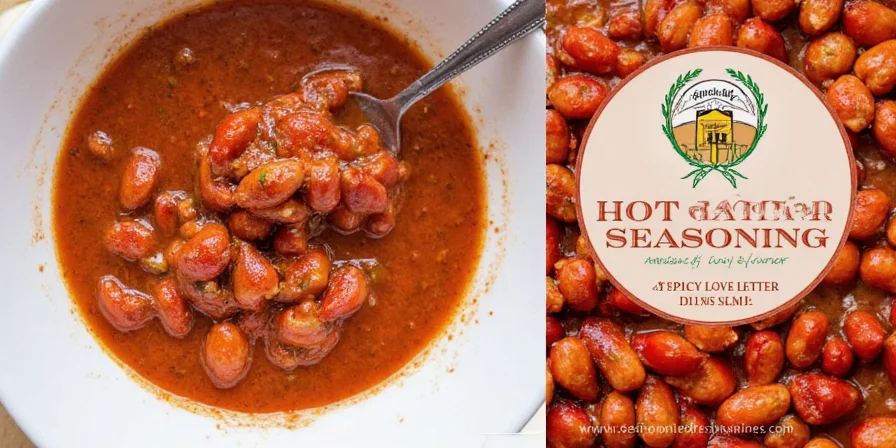
You don’t need to stuff this blend into casings to enjoy it! Try these unconventional yet delish ideas:
- Spiced Popcorn: Toss freshly popped popcorn with melted butter and a sprinkle of hot Italian sausage seasoning. Boom—movie night upgrade.
- Roasted Veggie Boost: Coat carrots, potatoes, or Brussels sprouts in olive oil and a dash of the seasoning before roasting. Perfection in every bite.
- Meatloaf Marvel: Add to your favorite meatloaf recipe for an unexpected flavor twist.
- Stuffed Mushrooms: Mix with breadcrumbs and Parmesan, then stuff into mushroom caps and bake until golden.
- Spice Up Your Snacks: Sprinkle over nuts, roasted chickpeas, or even French fries for a zesty kick.
Spice Storage Secrets: Keep It Fresh, Keep It Fire
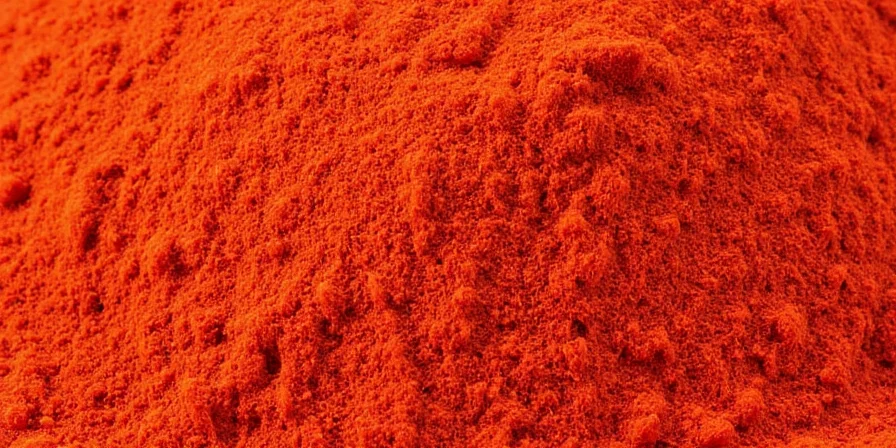
Want your homemade hot Italian sausage seasoning to last and keep its punch? Store it right:
- Container: Airtight glass jars or metal tins are best. Avoid plastic if possible—it can absorb odors and flavors.
- Location: Cool, dark, and dry places like a kitchen cabinet or pantry work wonders.
- Shelf Life: Most blends stay potent for 6–12 months. After that, potency fades—but flavor? Always there.
- Label It: Write the date and contents clearly. You’ll thank yourself later when you’re sifting through 37 jars of unknown spices.
Final Thoughts: Embrace the Heat

Whether you’re a seasoned sausage maker or a curious newbie, the allure of hot Italian sausage seasoning is undeniable. It’s bold, balanced, and full of personality—like a passionate argument at the dinner table… but in edible form.
So go ahead—grill one up, throw it on a bun, or sneak it into your next snack. Your taste buds will sing opera, and your guests will beg for more. Because once you taste the fire, there’s no going back.

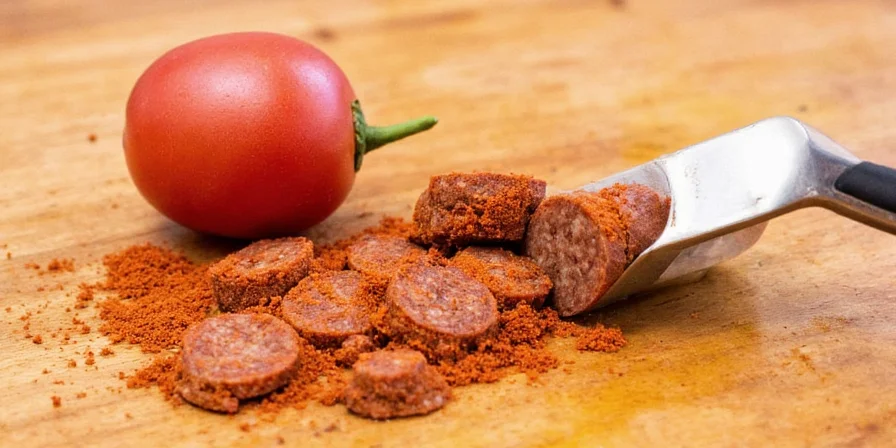









 浙公网安备
33010002000092号
浙公网安备
33010002000092号 浙B2-20120091-4
浙B2-20120091-4